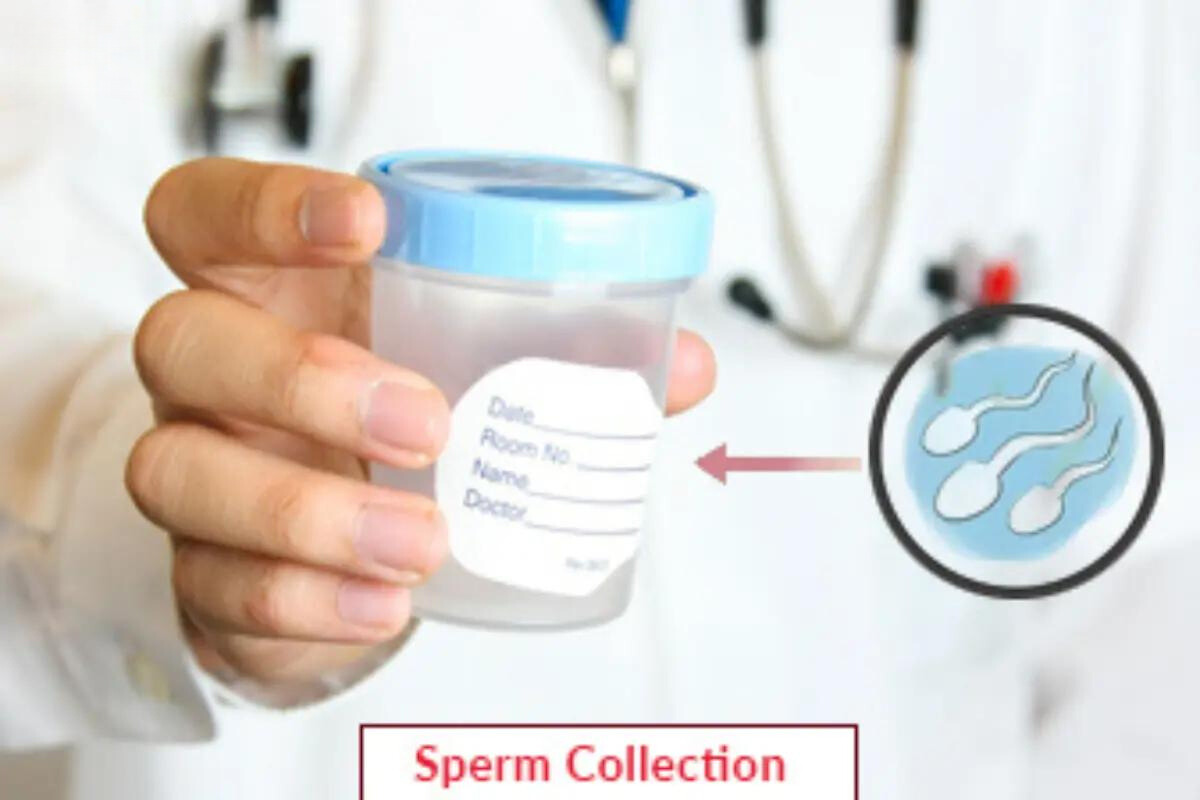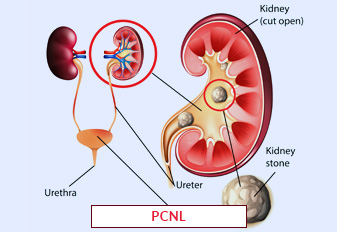Sperm collection is a process where sperm is collected from a male’s reproductive system to fulfill multiple purposes like IVF treatment, sperm donation and research. The procedure is done in a clinically approved medical center. However, it can also be done privately. Sperm collection treatment plays a vital role in assisted reproductive technology (ART).
This method is helping those marriage couples who are experiencing infertility issues. The sperm collection procedure seems intimidating initially but it is usually an explicit and well-ordered process that ensures the best feature sample for use. The process of semen collection may vary depending on the method and setting, However, it usually follows a similar approach. Now let’s learn about how sperm is collected and factors that affect the success of storage and its future use.
Sperm Collection Methods
1. Masturbation
The sperm can be collected through several ways, although the most common method is through masturbation. During this method the individual is asked to produce a sample of semen by ejaculation into a sterile container. The procedure usually takes place in a private room at a fertility centre or sperm bank. The healthcare professionals keep the magazines, videos and other resources so the sperm donor does not feel uncomfortable throughout the process.
2. Sperm Aspiration
In other cases, sperm could be collected through a medical procedure called sperm aspiration. This procedure is done when a man faces difficulty in ejaculating. The problem may happen due to blockages in the reproductive tract or concerns like low sperm count in the male body. Sperm aspiration is a minimally invasive procedure and generally involves using a fine medicinal needle to withdraw sperm from the male’s body..
3. Electroejaculation
Those males who could not produce sperm through masturbation and aspiration procedures need to undergo electroejaculation. In this method doctors use electric current to stimulate certain nerves around the male reproductive organs and this leads to proper ejaculation. The technique is mostly used where an individual is experiencing nerve damage and other health issues that are causing problems in ejaculation.
Factors Affecting Sperm Quality
There multiple factors that can affect the quality of sperm which can influence the success of sperm collection and storage These factors are:
Age: As men gain age their sperm quality gradually declines over time. This can affect motility, morphology and sperm overall sperm count.
Health and Lifestyle: Over consumption of alcohol and smoking can lead to obesity and can have a negative effect on overall health including sperm count.
Environmental Factors: Exposure to specific kinds of chemicals, toxins and heat can also decrease sperm quality.
Medications and medical Conditions: Certain medications or some disease like cancer, diabetes and infection also can be a decreasing factor of sperm count.
Challenges in Sperm Collection
- Sperm collection is generally a safe and effective procedure, however, some men may experience difficulty while collecting sperm. Common challenges that occur during this process are stress and anxiety which can affect the quality of sperm.
- Moreover, quality concerns can occur if sperm is not stored and collected. For instance, if the sperm gets exposed to heat or not stored in an appropriate temperature it may reduce the quality and effectiveness of the sperm. Careful preservation and proper handling of sperm is essential to ensure the successful IVF treatment.
- Lastly, sperm collection is a crucial part of fertility treatments, reproductive health practices and sperm donation. Through understanding the process and factors that can affect sperm quality. Couples can make better decisions about their reproductive options.
Uses of Collected Sperm
Following are the primary uses of collected sperms.
1. Fertility Treatments: one of the most common reasons to gather sperm is to aid in fertility treatments like intrauterine insemination. When a man has low sperm count or poor motility, in this case sperm may be used in fertility to help a couple to be parents.
2. Sperm Donation: Some men prefer to donate their sperm to help couples who are not facing challenges to become parents. However, before sperm donation an individual needs to do some tests and examinations just to check any abnormality would not present in the person.
3. Preservation: Many men prefer to store their sperm for future use. Especially when they need to undergo a treatment procedure that might affect sperm quality. Hence, preservation is a good option for them.
4. Research: Sperm collection also contributes to medical research programs. This is done to understand which factors can possibly affect sperm quality, fertility treatments etc.
Sperm Storage
- When the sperm is collected, it is stored in a sperm bank for future uses and IVF treatments. Sperm storage and sperm cryopreservation is an indispensable process to successfully preserve sperm for a longer period so it can be used in future.
- Once the sperm is collected it is sent to the lab for examination. A lab technician briefly analyzes and assesses the sperm quality under the lens of a microscope. Factors such as motility, sperm count and morphology are all taken into consideration. On the basis of the result the sperm is processed to ensure the best quality before freezing.
- After analysis the sperm is then frozen and kept in cryogenic tanks. These tanks use liquid nitrogen to keep the sperm at a very low temperature to preserve it for a longer period. Hence, it allows individuals to collect the sperm when they need it for IVF treatment.
Our Other Services
Latest Health Tips
Oral Chemotherapy Vs IV Chemotherapy
Asthma vs Bronchitis: Types, Causes, and Symptoms
Cochlear Implant vs Hearing Aid
Heart Transplant vs Kidney Transplant
Robotic Knee Replacement Surgery Cost in India
Hernia VS Diverticulum: Complete Guide
Total vs Partial Knee Replacement Surgery
Limb Lengthening Surgery Cost in India: Cost Comparison
Submit Your Enquiry
Testimonials





















